Rail strikes: is Britain on track for a ‘summer of discontent’?
The ‘biggest rail strike in modern history’ is planned for next week
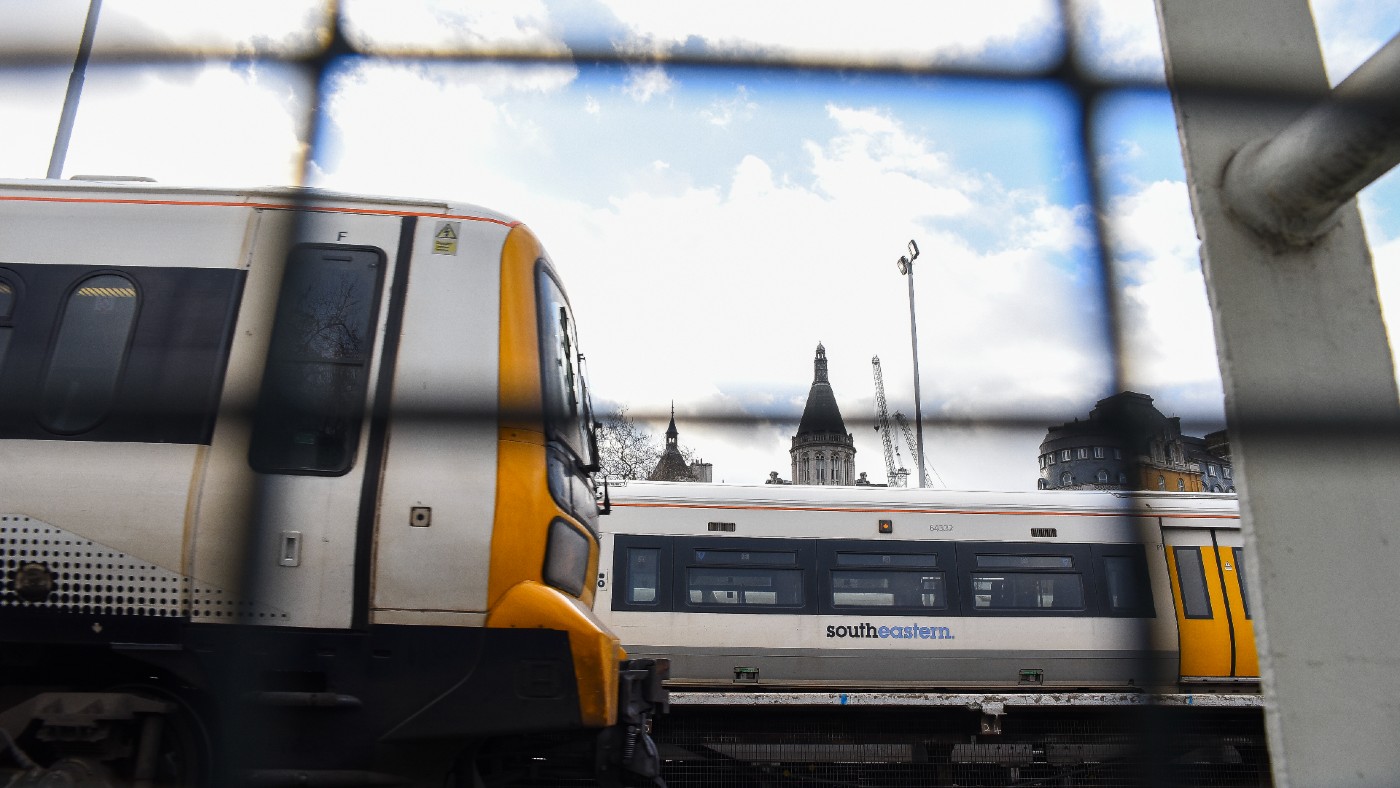
A free daily email with the biggest news stories of the day – and the best features from TheWeek.com
You are now subscribed
Your newsletter sign-up was successful
The industrial strife that brought Britain to its knees in the 1970s may be “a distant memory”, said The Times. But we’re about to learn that “militant trade unionism” can still wreak havoc: next week, 40,000 rail workers will strike for three days; and 10,000 London Underground workers will also walk out. The biggest rail strike since 1989, it will create misery for hundreds of thousands of people, ranging from teenagers sitting public exams to cricket fans trying to get to the Test at Headingley; and it may just be the start.
Mick Lynch, the general secretary of the National Union of Rail, Maritime and Transport Workers (RMT), has threatened a “summer of discontent” in pursuit of his members’ demands. These include pay rises in line with inflation, and no compulsory redundancies or changes to working practices.
He has a neck on him, said Stephen Pollard in the Daily Express. Yes, the reported 2% pay rise on offer is not a lot after a pay freeze, but millions are struggling with price rises, and his members do better than most. For railway workers, the median salary last year was £45,000 – far more than nurses and teachers, and more than the national average of £31,000.
The Week
Escape your echo chamber. Get the facts behind the news, plus analysis from multiple perspectives.

Sign up for The Week's Free Newsletters
From our morning news briefing to a weekly Good News Newsletter, get the best of The Week delivered directly to your inbox.
From our morning news briefing to a weekly Good News Newsletter, get the best of The Week delivered directly to your inbox.
The government spent £12bn to keep trains running in the pandemic, said Guy Adams in the Daily Mail, and passenger numbers are down 25%. Yet the unions not only want pay rises, they’re also resisting efficiency savings and other modernising reforms. For instance, demand for weekend travel is growing, but at the moment, drivers can’t be made to work on Sundays.
If rail workers have decent working conditions, shouldn’t this be something to celebrate, asked Owen Jones in The Guardian. The Tories don’t think so. They like to extol the virtue of work as a route out of poverty; yet by smashing the unions in the 1980s, they destroyed the most effective means of ensuring that workers had a “comfortable existence”.
Now, most people in poverty are in work. The Tories still “see in every strike the chance to tell voters that Labour is in hock to powerful ‘union barons’”, said Steven Fielding in The Spectator; and Keir Starmer has been careful to neither condemn nor support next week’s strike.
Yet Conservative “rhetoric” is at “variance with reality”; today, fewer than one in four workers are unionised (down from one in two in the 1970s), and the “public revulsion at the ease with which P&O sacked its employees” earlier this year suggests that voters no longer see the unions as overmighty. Perhaps Labour should be “less afraid to be seen as the workers’ friend”.
A free daily email with the biggest news stories of the day – and the best features from TheWeek.com
-
 Local elections 2026: where are they and who is expected to win?
Local elections 2026: where are they and who is expected to win?The Explainer Labour is braced for heavy losses and U-turn on postponing some council elections hasn’t helped the party’s prospects
-
 6 of the world’s most accessible destinations
6 of the world’s most accessible destinationsThe Week Recommends Experience all of Berlin, Singapore and Sydney
-
 How the FCC’s ‘equal time’ rule works
How the FCC’s ‘equal time’ rule worksIn the Spotlight The law is at the heart of the Colbert-CBS conflict
-
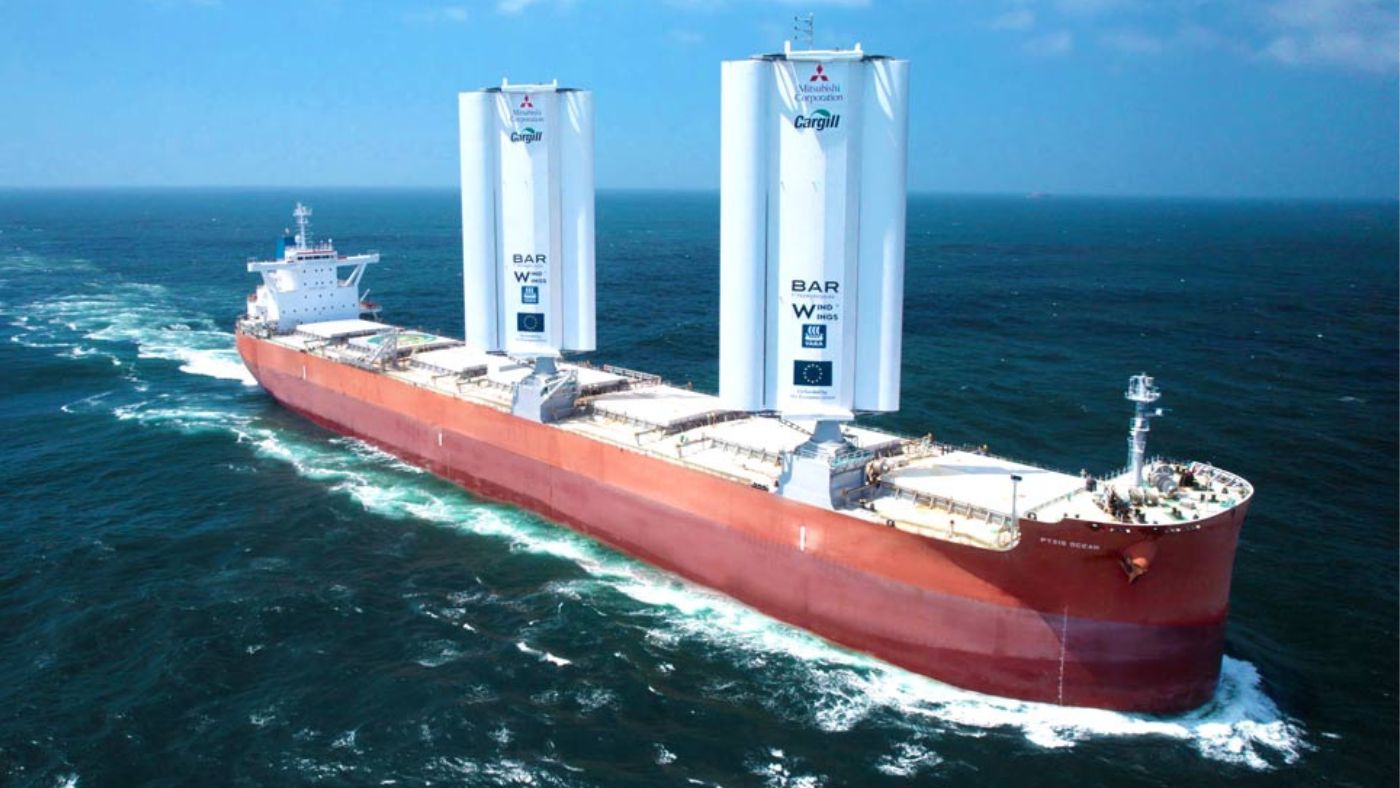 Wind-powered cargo ship takes maiden voyage
Wind-powered cargo ship takes maiden voyagefeature Good news stories from the past seven days
-
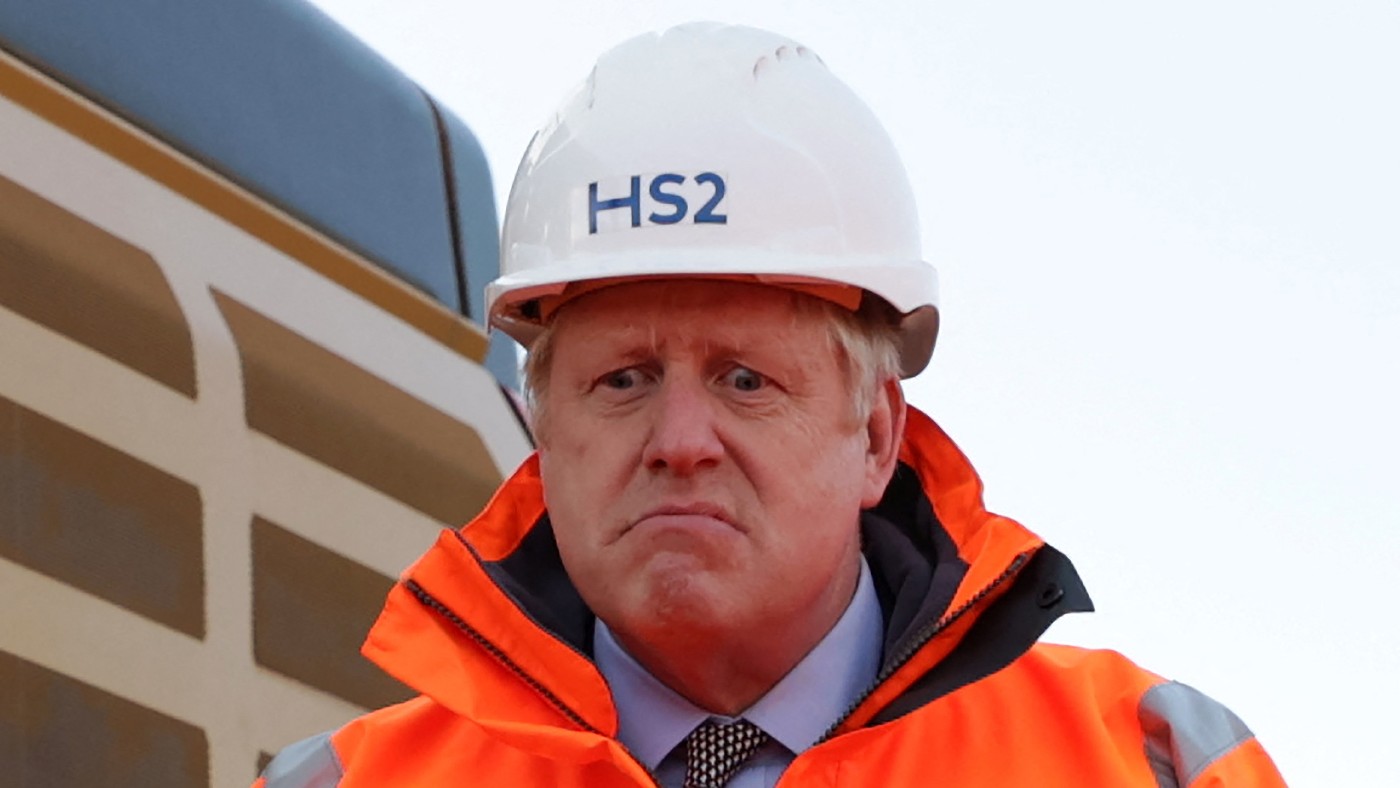 HS2: is this the end of the line?
HS2: is this the end of the line?Talking Point The costs of the track have steadily risen even as the potential gains have diminished say detractors
-
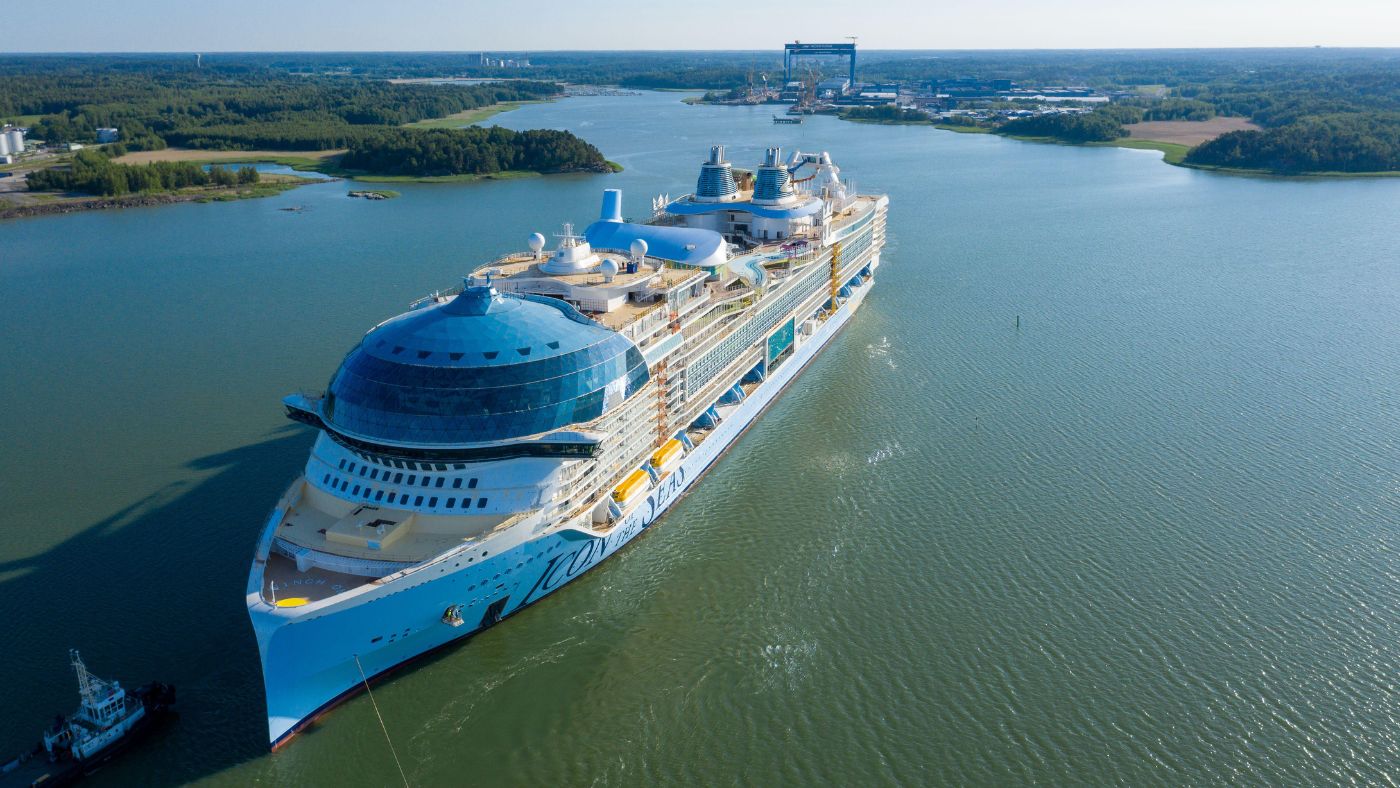 Giant cruise ships: monsters of the high seas
Giant cruise ships: monsters of the high seasfeature Today’s ships are more than twice the size of those built in the 1990s
-
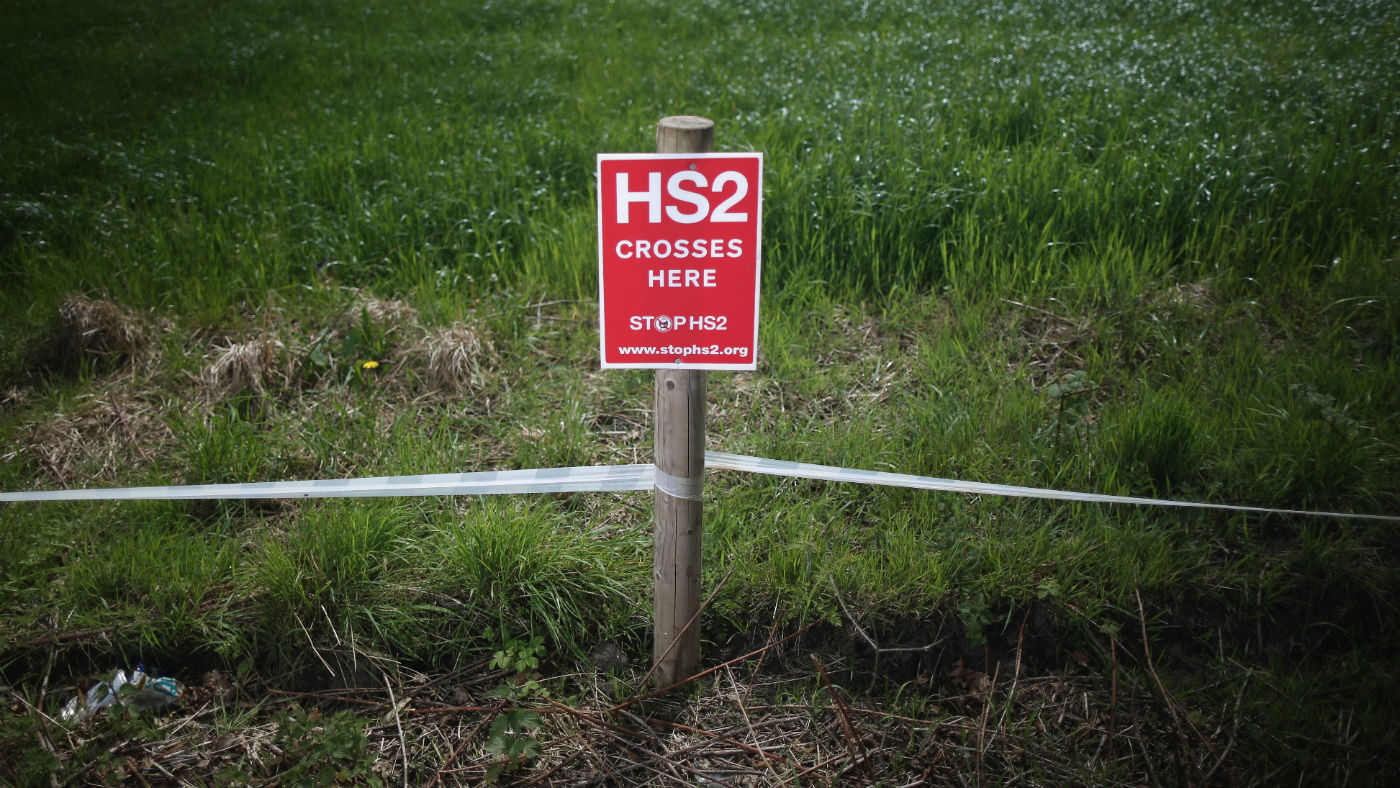 The long wait for HS2
The long wait for HS2feature Europe’s biggest infrastructure project is facing long delays and ever-rising costs
-
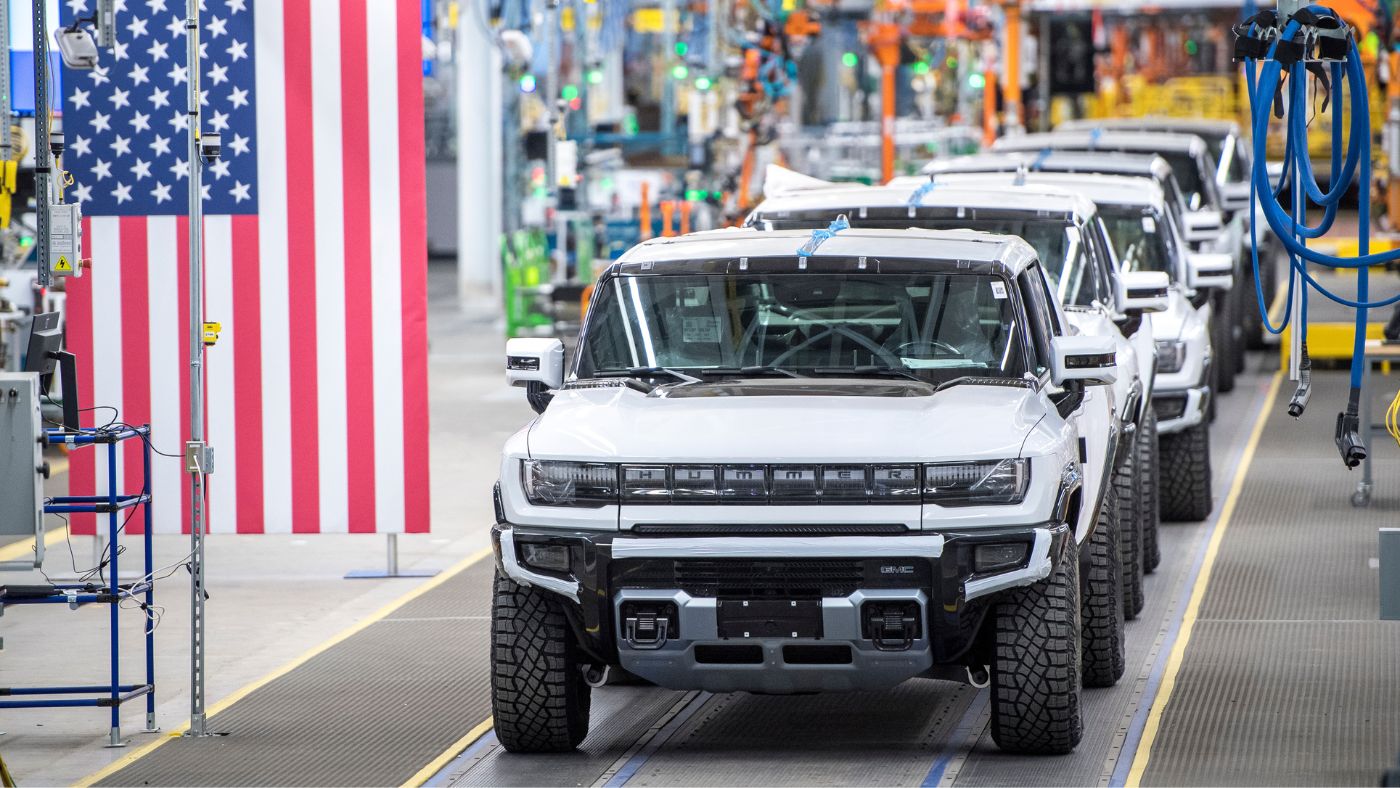 Going electric: the drive to turbocharge a car revolution
Going electric: the drive to turbocharge a car revolutionTalking Point The US EPA has imposed regulations on car makers to increase production of electric vehicles
-
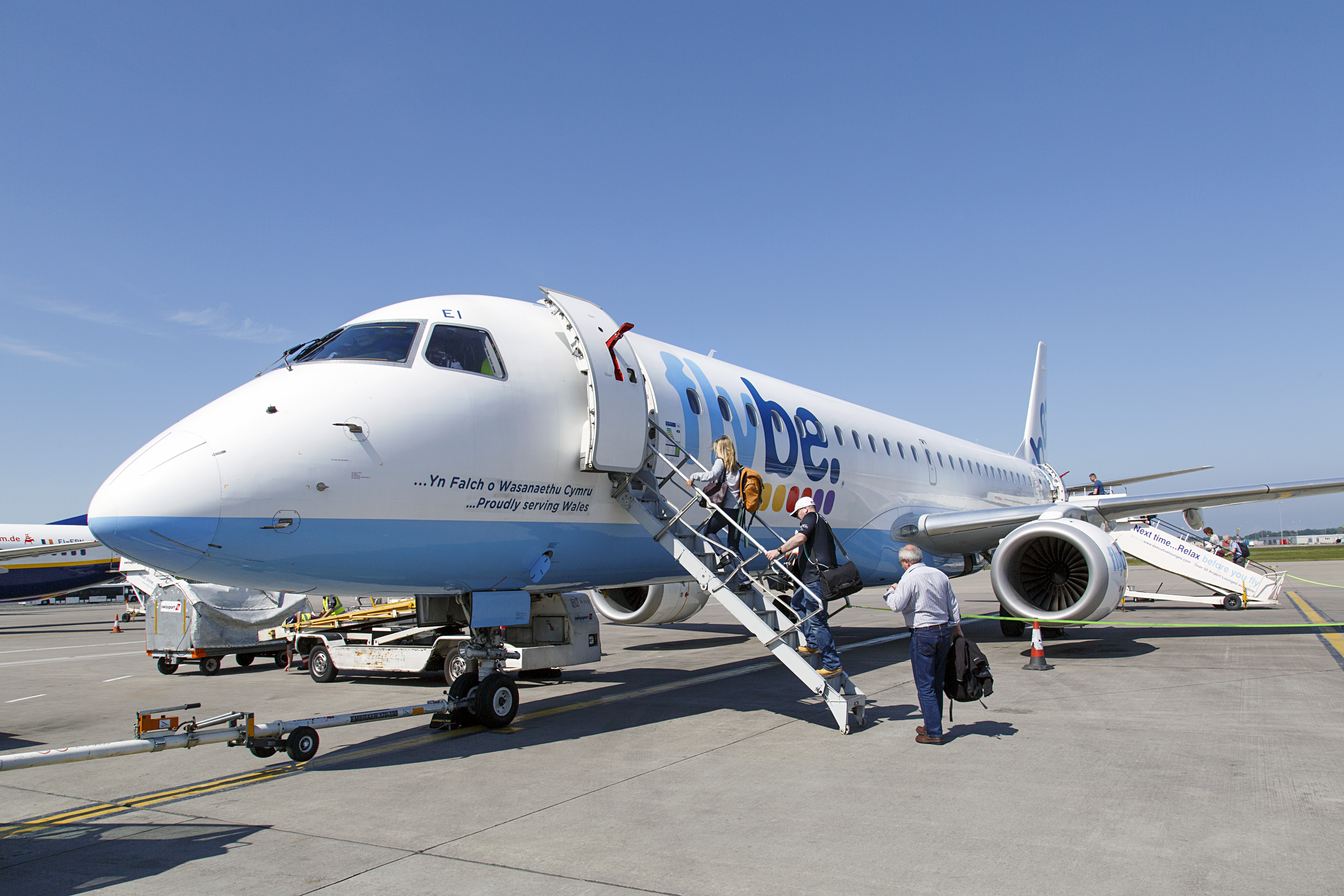 Flybe: turbulence prompts a second nosedive
Flybe: turbulence prompts a second nosedivefeature Airline’s latest collapse is a blow to ‘regional connectivity’
-
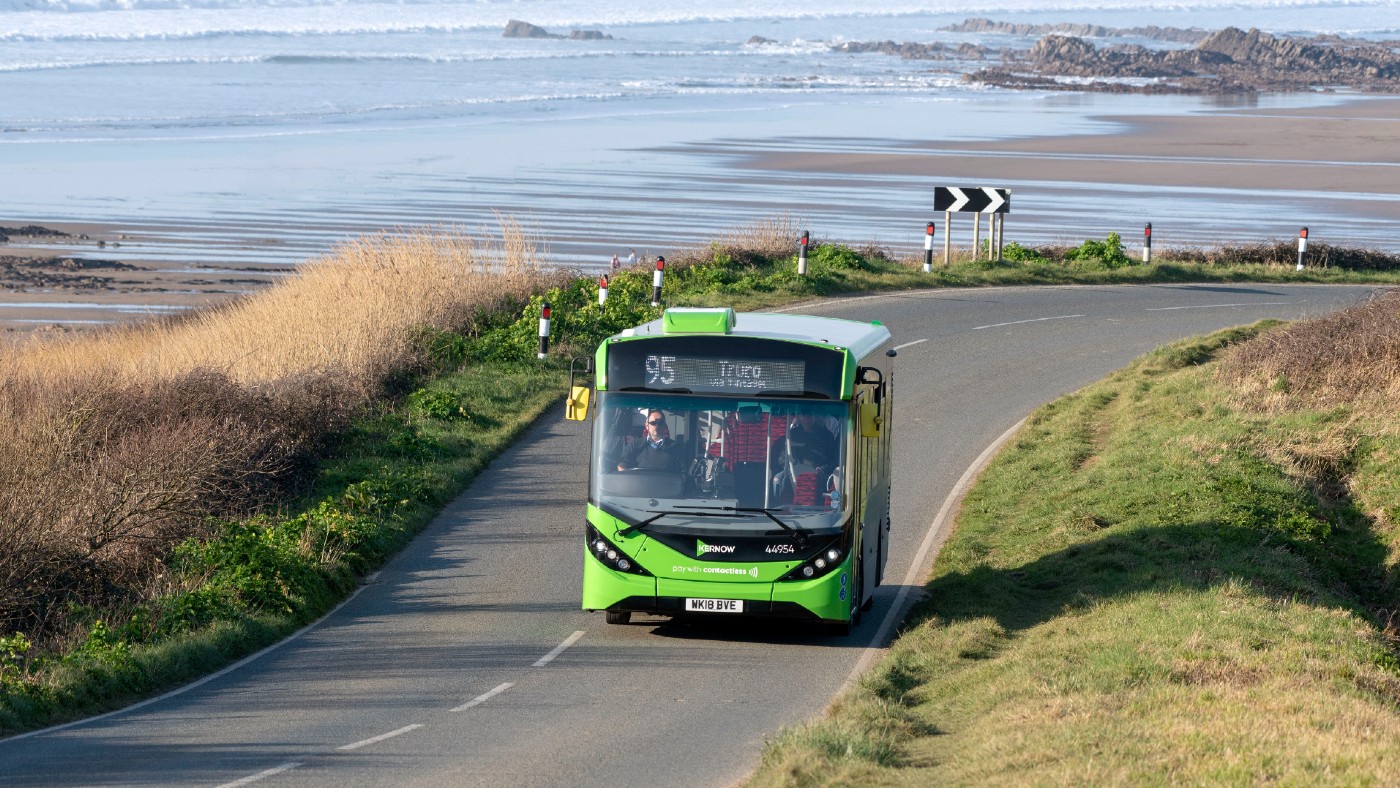 Bus fares across England to be capped at £2 from January
Bus fares across England to be capped at £2 from Januaryfeature Good news stories from the past seven days
-
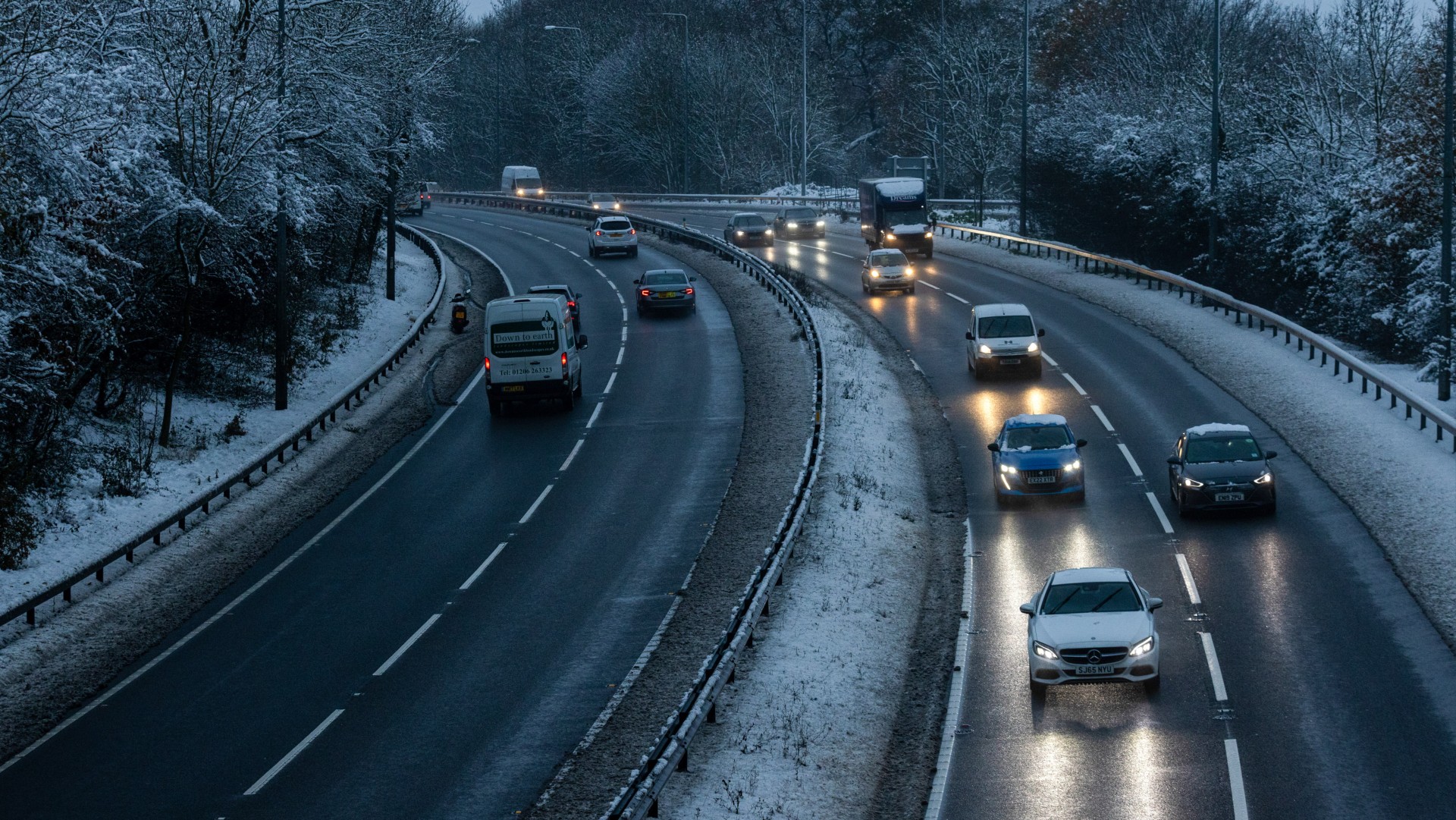 Driving home for Christmas: 20m UK car journeys expected this week
Driving home for Christmas: 20m UK car journeys expected this weekSpeed Read First Covid-free Christmas in three years plus rail strike means this year’s festive getaway ‘set to be biggest ever’